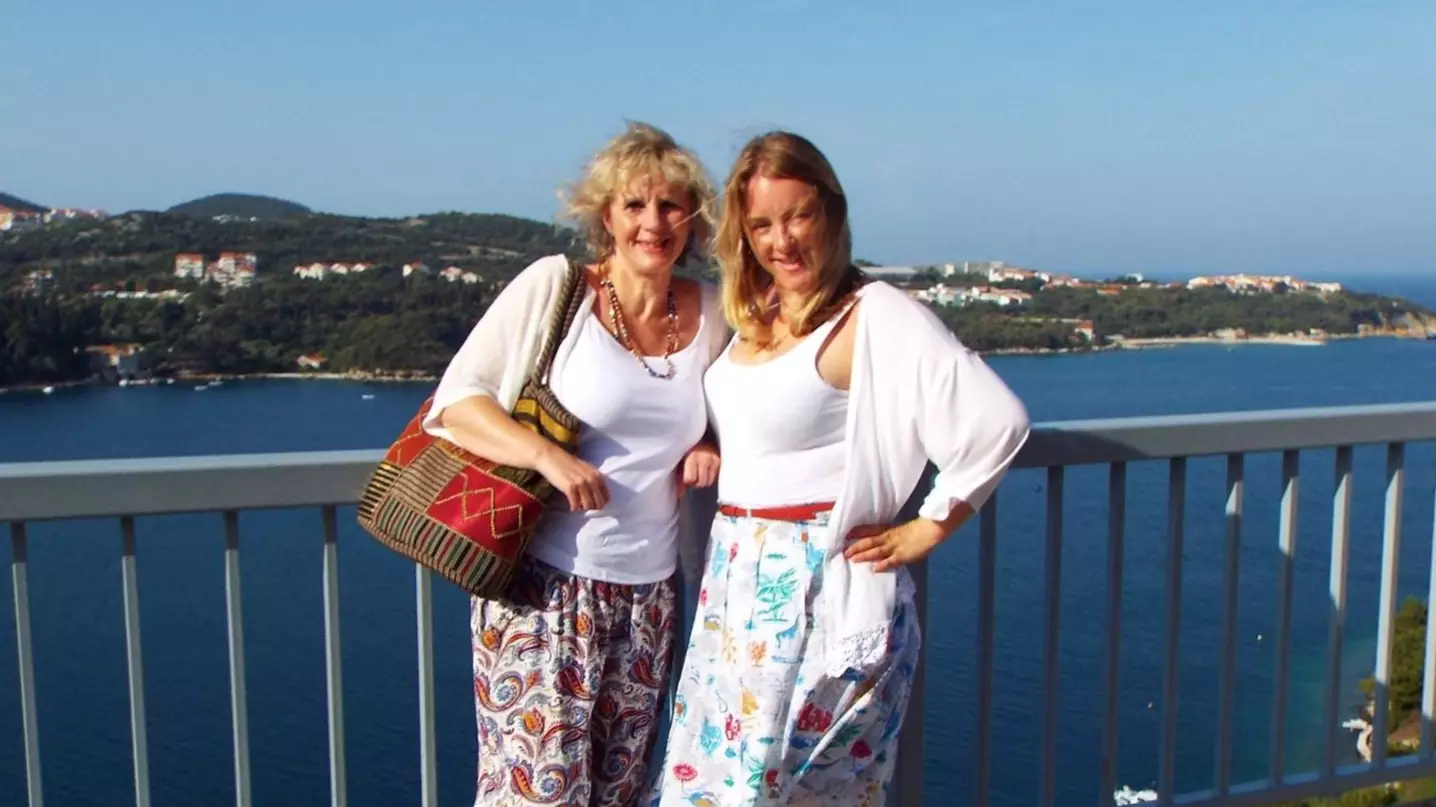
Fearne says: "Bereavement in a subject none of us necessarily want to talk about, yet is inevitable for us all. Even after it's happened, it's hushed tones and downward glaze. It's one of the hardest experiences a human can go through as it is final and definite. No blurred lines here. A goodbye, change of the wind, newness in raw and painful brutality. There are always questions. Things we wish we could have said, should have said. A wondering that we know we can not resolve. I have talked about bereavement with my husband somewhat as he lost his mother in his twenties and his uncle not long after. That deep ache that is left seemingly never goes but perhaps gets easier to manage with time and healing. An ache that reminds us what is gone and what cannot be replaced and also a stark reminder that life is fragile. It's a delicate orb that we so often take for granted. Wasting hours, weeks binging TV, harbouring resentment, or hiding away. Death brings everything to the surface for examination. The aspect of bereavement I'm curious about is its ever changing nature. It'll always be classed as pain but there are small corners turned where hope is found again and perhaps even a greater sense of love for life. It can be a catalyst for positive change as well as a reminder of how precious life is."
Words by Lucy Miller, 30, from London
She died on 4th October 2018, just after 2 o'clock in the afternoon, while I was waiting for a connecting train on platform 17A at Leeds station.
Just days before her diagnosis, in June 2016, my mother had climbed three mountains in one day to raise money for Macmillan (this haunting irony is not lost on me).
In October 2017 - as we navigated that delicate interim period between a cautious post-chemo "ok" and the recurrence we hadn't dared to think about - she'd climbed Arthur's Seat in Edinburgh without so much as breaking a sweat.
Climbing mountains whilst having ovarian cancer became something of an accidental metaphor. But some mountains are too big to climb, as we later learned.
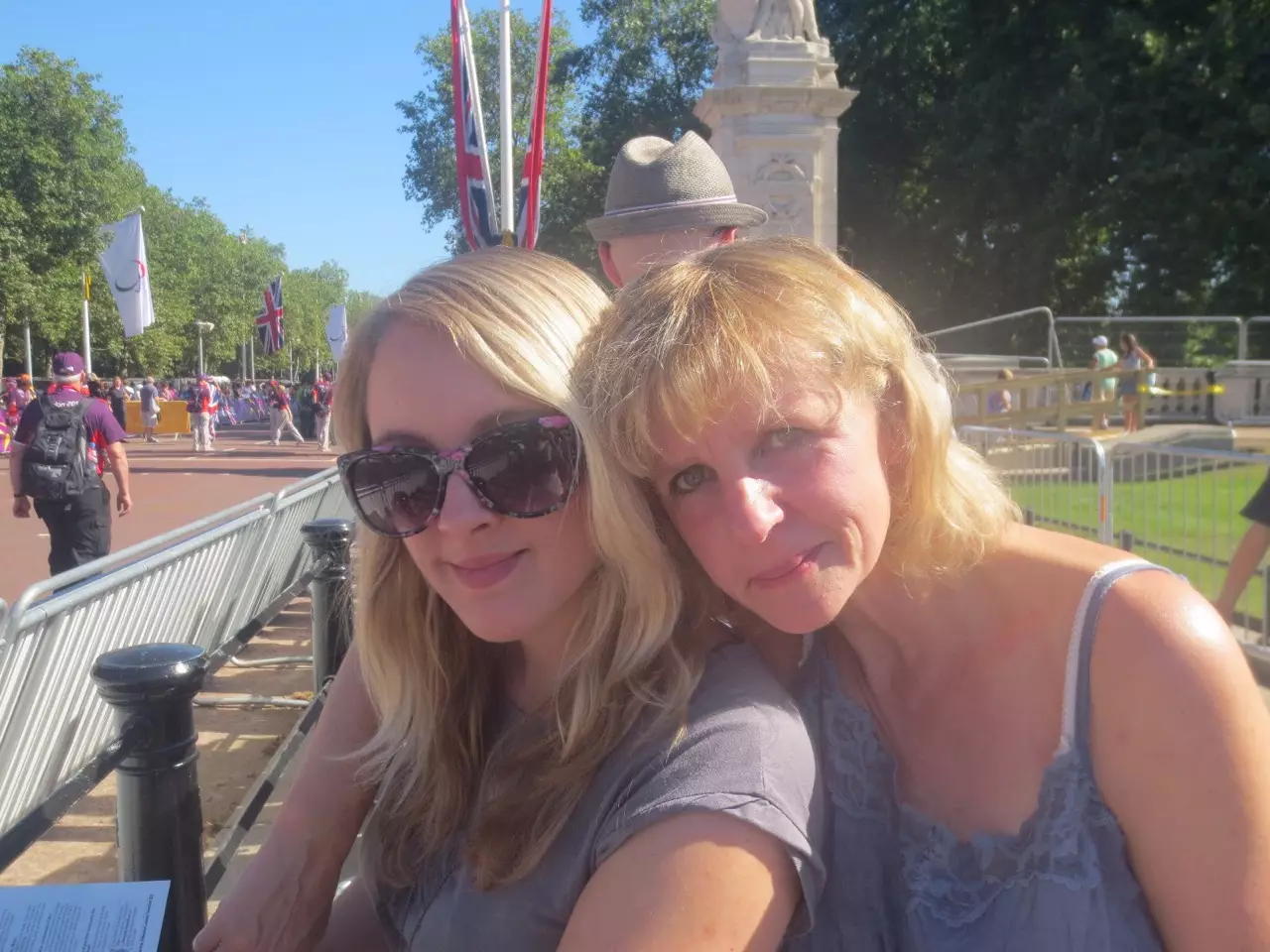
Losing her felt like watching someone else's life unfold in a series of devastating vignettes. The entire situation felt abstract, like I was reading from someone else's script.
My boyfriend, Jon, had lost his father aged seven when he was struck down with a congenital condition that he and his sister both carry (the medication, thankfully, is better now).
I'll never know whether this aided the way he reacted when my mum died. I suspect, on a surface level, it didn't; there are vast differences between losing a parent as a seven-year-old and as an adult with nearly three decades of experience on the planet.
But maybe the empathy of being a bereaved child, despite the vastly different circumstances, can rise to the surface in ways we can't really see.
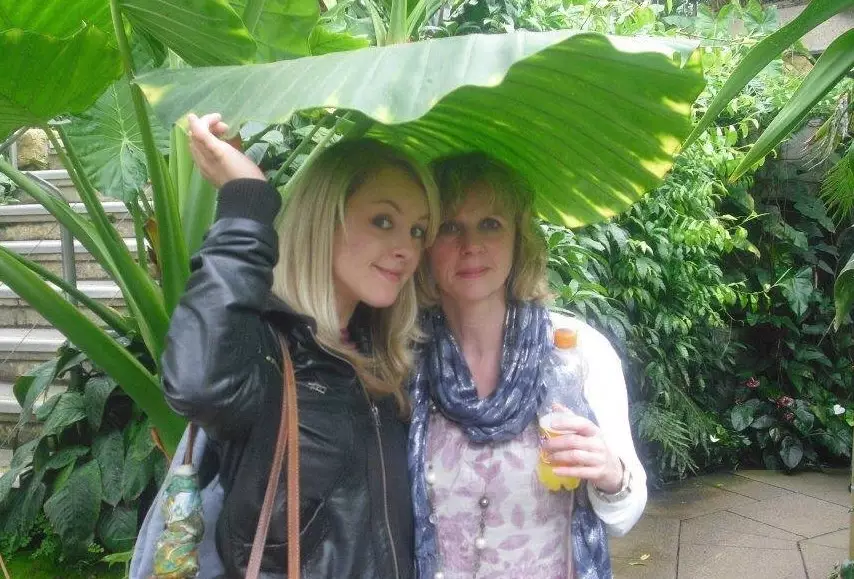
Everything is 'big picture' when you're suddenly bereaved: you're facing an entirely different future. Life has taken an utterly divergent path from the one you'd hoped for.
How to process such a seismic life change? As the partner, it's important to do your best to steer them on the details: the funeral director needs calling now, because it's almost the weekend. The celebrant only has half an hour, so tell her something. Which friends do you need me to phone? Drive them onwards, gently but firmly, through the practicalities that just need to be sorted, towards the next stage.
Jon was a solid presence in the immediate aftermath, and two instances stand out the most: when he rang around my friends to tell them that it had happened, meaning I didn't have to, and when he carried the coffin at the request of my dad.
Later, I learnt that for the latter he'd been terrified. But there was no way he'd admit to that until a long time afterwards. Months later, speaking to friends who had also lost parents, it became starkly clear to me that not everyone is as lucky as I was, and that not every partner is equipped to deal with this magnitude of loss.
Advert
As the partner you can only hope that they willingly let you in, rather than cocoon themselves in their grief. The opposite choice was made by my dad's (now ex) partner, who entirely closed off when she lost her own father last year, leaving mine floundering. Clearly, this is not something that gets easier at any age.
I offer this advice, but I'm not sure how much I did actually open up in the immediate aftermath.
"Yes and no," Jon says when I ask him. "There were times you wanted to talk and times you didn't. When you wanted to talk you weren't inhibited.
"It's been easier to deal with, from my perspective, than if you'd gone the other way and wallowed in your sadness. There's not a lot more that you can say to someone in those circumstances. But it didn't become the totality of your world."
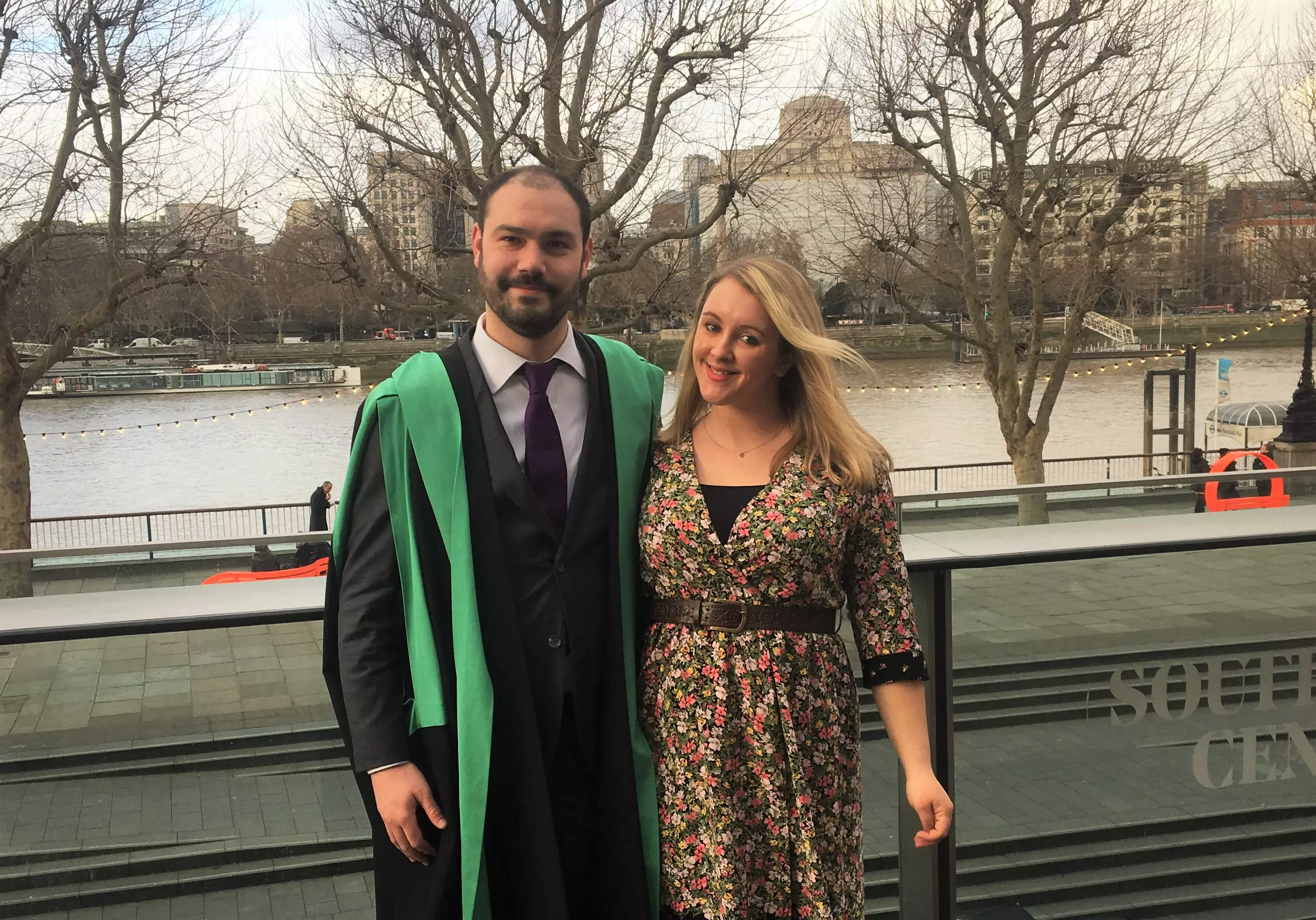
In the end, maybe it's not about making sure that you're always talking, sharing, opening up. Yes, talking a lot might help. But it's perfectly ok to remember people you've lost in your own quiet way. Silence is a valid reaction to grief, too, and quietness can lead to contentment. Close your eyes, breathe, remember. After all, what is there to say?
When the worst has happened, when your fears have been realised, maybe there's not much left to talk about. Maybe the most important thing is not to have frequent deep and meaningfuls, but instead knowing that there is someone waiting when your quiet calm occasionally cracks open, when you want to cry for no reason on a Tuesday afternoon or throw your flip-flop across the room in frustration (guilty).
What I'm probably saying is: don't push them to talk if they don't want to. They're working through it. You'll get there.
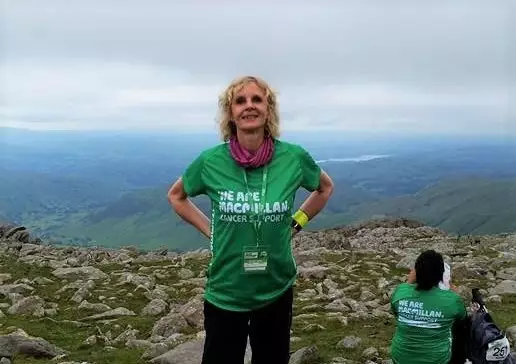
There are things that you can both do, too. On the self-care theme, make sure home is as comfortable as possible, with quiet spaces that aid contentment, with comforting soft furnishings and space to truly unwind.
Ensure time to clean the floors, to read, to sit, to cry openly at podcasts, and to trim the stems of flowers (on that topic: lots of people don't want flowers after a death. I loved them because my mum did, and they did an excellent job of brightening her house when she was no longer in it).
Advert
But please: set aside time for them, because flowers wilting before their time in dirty water is hella depressing, and you don't need to add that to how you're already feeling.
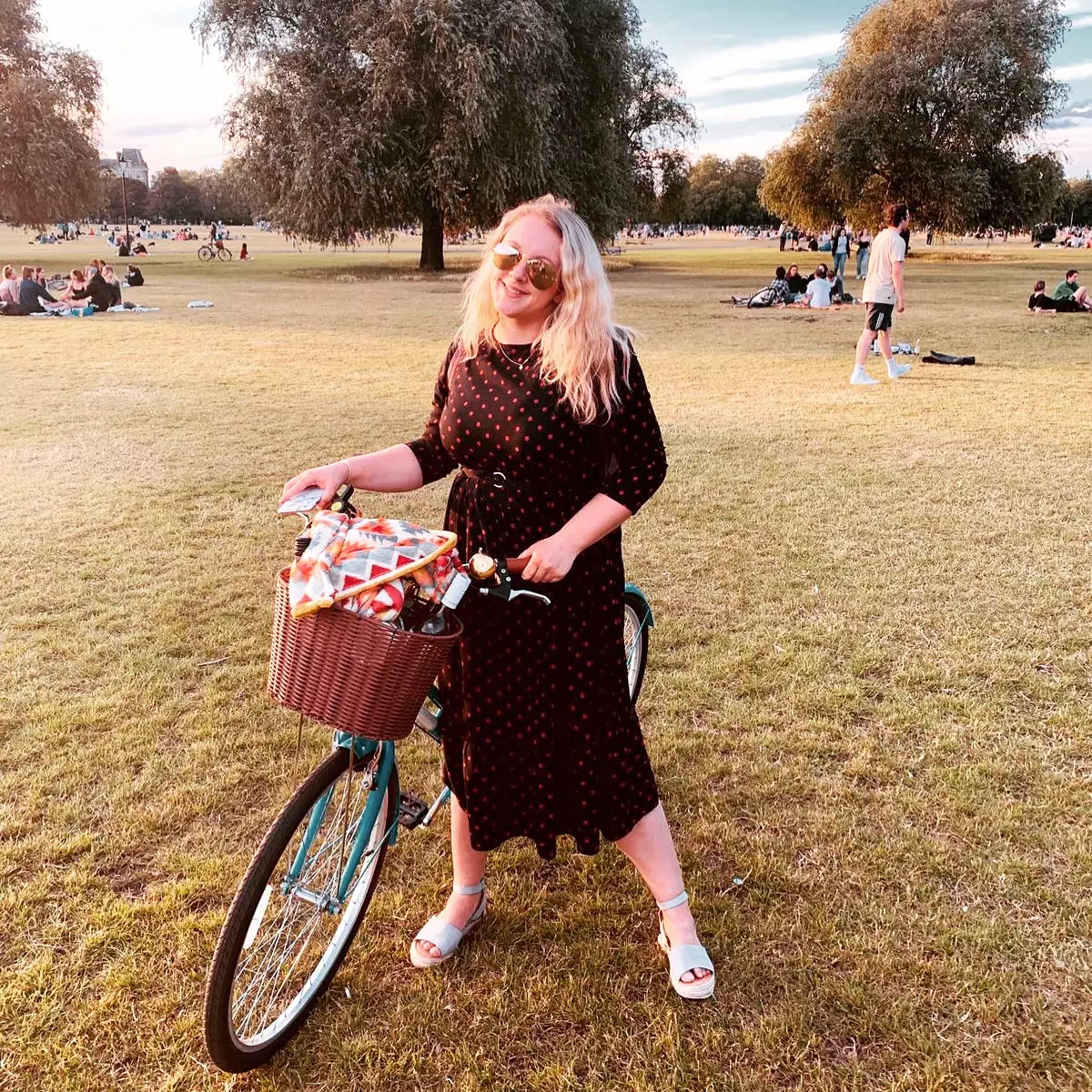
I'm endlessly grateful that we found our basement flat, with its bay windows and perfect-for-yoga backroom and darling of a landlady, always ready with the wine, five weeks before that final, summoning telephone call from my aunt.
Advert
I can't ever know how different my life would have been if, in October 2018, I'd still been in a flatshare with three other girls, spending my saddest evenings watching Netflix in bed, hoping no one knocked on the door and worrying about the erratic kitchen plumbing.
Being kind to yourself is vital. During lockdown, running has helped (but only when the sun is out; I suspect we're all partially solar-powered at the moment). I've also cultivated a large repertoire of sugary, drizzle-topped loaves.
Around a year ago, I found myself at a networking event for work. One of the panellists discussed her concept of "ground zeros": things that, for you, will always be true. For her, an advertising CEO, it was the need to stay working despite being a single mother with under-fives.
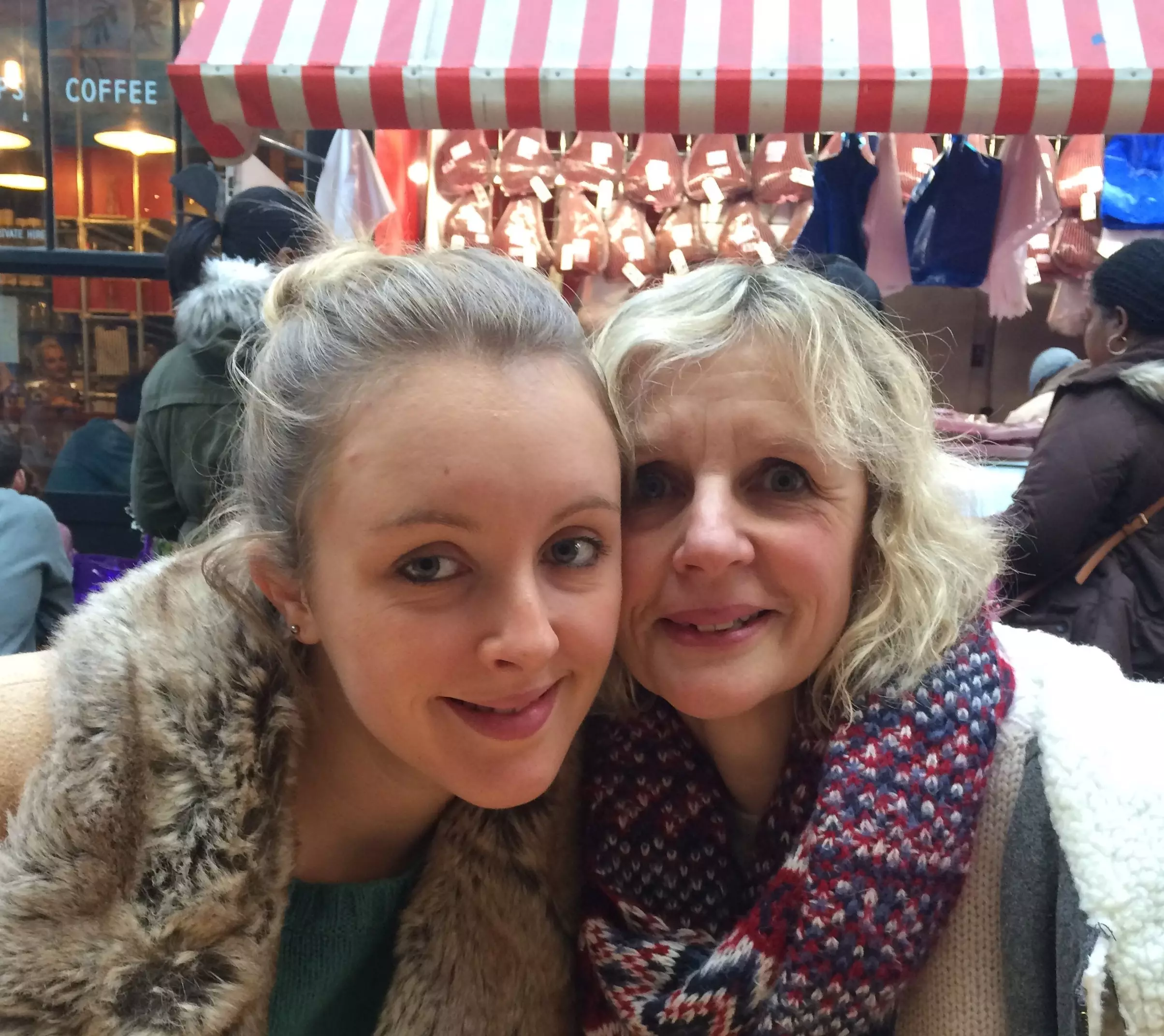
I mulled on this for a while, translating it to my own context, before landing on the concept of "ground zero people" - the ones that you know will be there no matter what.
I attempted to explain this concept to Jon in an Uber at the time, but I strongly suspect he wasn't listening. So I ask him again now. The reaction is entirely as I expect: "Ground zero? Ground zero is the epicentre of a disaster. Don't call me 'ground zero guy'. I think that's a very bad metaphor." And then he disappears to check on the spaghetti bolognese.
The moral of this story? You might be dealing with an unfathomable loss. It might bring up high-level, impossible-to-answer questions (mortality will do that.) But ultimately, you're still here.
And having someone to bring you back down to Earth (and call out your quite awful metaphors) is a very important thing. If you're the partner, it might be the most important role of all.
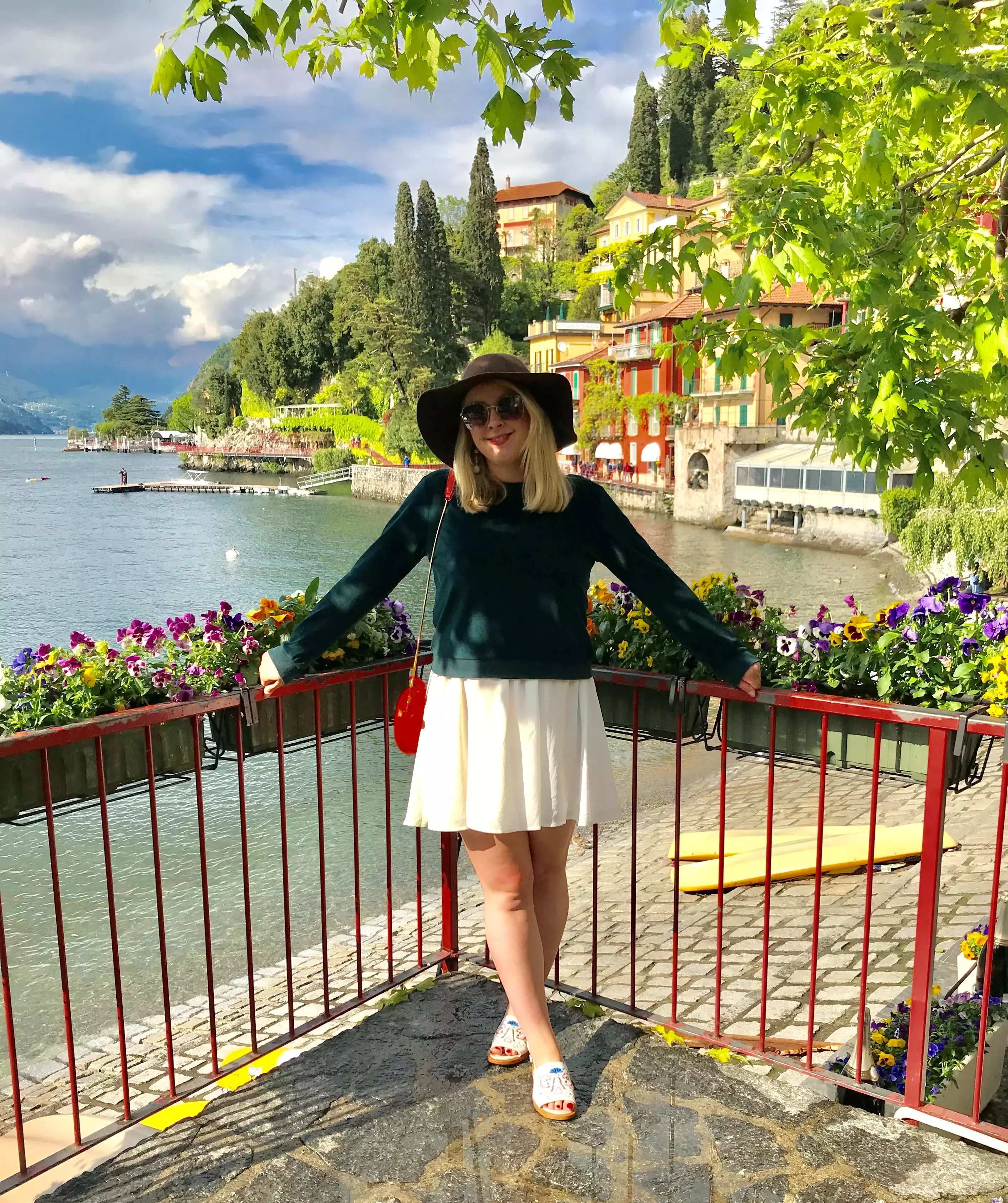
Happy Place Festival is a a month-long schedule full of passionate people promoting mental and physical wellbeing running until July 12th. Find out more at HappyPlaceFestival.com
Featured Image Credit: Lucy MillerTopics: Life News, Happy Place, Parenting, advice